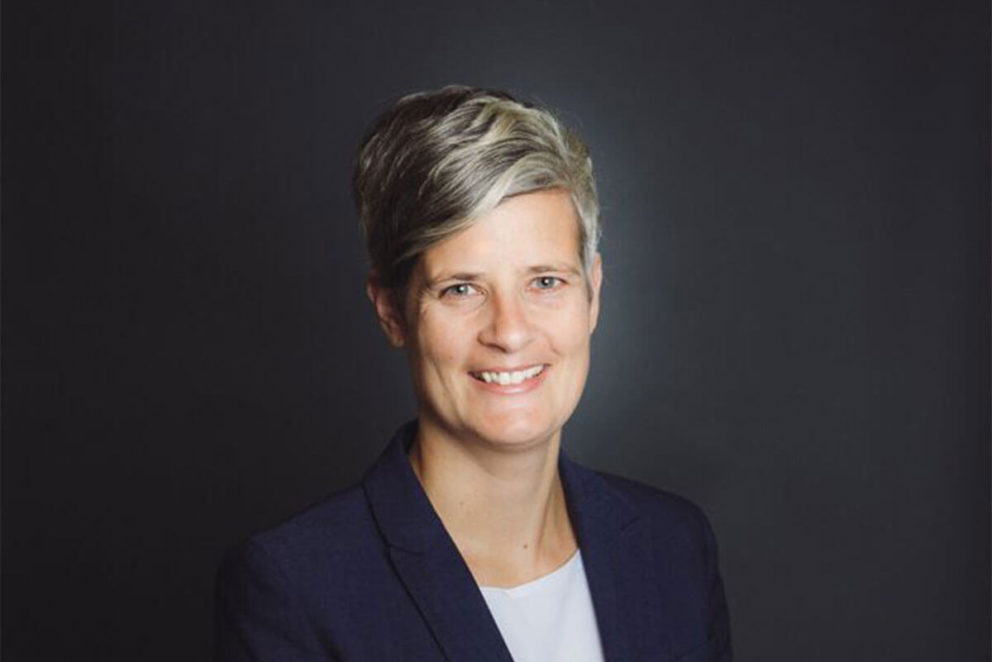
A Chat with
Lisa Helps is someone who needs no introduction on the South Island. First joining Victoria City Council in 2011, Helps has since gone on to become mayor, now serving her second term. Notably, she is the second woman to hold this position in the capital city. Helps is well known for her forward thinking approach to municipal issues like homelessness and affordable housing. Her fresh take on municipal level politics has won her a reputation for being a political innovator as well as a disruptor of Victoria’s traditionalist history. She has been applauded by cyclists and local Indigenous groups, criticized by the monarchs and unlike many politicians, enjoys real conversations over social media. Here is what she had to say about her role in Victoria.
You are known for being a change maker. How does that work in a city that isn’t well known for embracing change?
It’s very challenging. I rarely get discouraged but after Victoria 3.0 came out we had asked for stakeholder feedback on our grand vision for the economy for the next 20 years and a lot of the responses were more concerned with fixing potholes than what was ahead. As the mayor, I see it as my job to worry about the future of the city so I did find this concerning. However, I just have to remind myself to go where the energy is and stay with that.
What is the biggest misconception about being the mayor?
I think there’s a big misconception about who and what cities are today. The biggest misconception I deal with is the idea that cities should just focus on the traditional things they’ve always worried about, like making sure the roads are fixed and the water is coming out of the taps. It is concerning to me that people aren’t worried about climate change or economic development.
Tell me about a typical day for you?
It’s really kind of insane. Generally, seven things have happened before 10 am. My day starts early and finishes late. I try to set aside 12 hours per week without meetings to focus on what needs to be done, which is also the most effective part of my week.
What do you love most about your job?
The ability to convene people. If someone gets a phone call from the mayor that says, “I’m organizing a meeting on this topic and I’d love you to be there,” it’s amazing how many people come together who wouldn’t be sitting around the table otherwise. From there a lot of great things happen, often unexpected but really positive.
What can be the most challenging part of your job?
When students ask me what the most important skill is for being a leader, I tell them that particular skill is curiosity. The lack of curiosity or generosity that people display when they hear something new is very challenging. The number of e-mails I get from what I assume are reasonable people that are rants based on complete misinformation [probably from social media] is very discouraging.
We’re all human. We’re all connected. We’re all Victorians.
Social media seems to be very entwined in politics today, what is your take on this tool?
I think it’s relatively useless. I had a politician, who shall remain unnamed, remark at an event that he should post something to Twitter, otherwise [the event] didn’t happen. All I could think was: “wow, this is where we’re at.”
I use Twitter to sometimes push out information about events happening or to amplify other people’s blog posts or messages but I find it to be completely destructive and unhelpful, and really alienating.
Has there been one major obstacle in this role that you’ve had to overcome?
I wouldn’t say there’s been a particular obstacle, but I also don’t want to say it has been a total breeze. I would say it’s sometimes the number of demands on my time. I can’t do everything that is asked of me, which is why I’ve focused on a few key areas. The sheer demand of the job is challenging. In order to be effective I need to stay focused.
Do you have any solutions for overcoming being spread too thin?
Yes, I stay focused on those key areas I mentioned that include: housing, economic prosperity, climate change and youth. When looking at my schedule, I consider if the task involves one of these four things and if it doesn’t then I really have to think about how else to handle it. People think a good mayor is one who’s at every single event in the community, and that’s important, but what’s really important for me is being in my office by myself thinking about the good ideas that do come forward on these issues and how to deploy them in the community.
When you leave office what do you thin your legacy will be?
I hope that when I leave the city will be ready for the future economically, which is why Victoria 3.0 is so important. There’s rapid economic change with automation and climate change and there are huge economic opportunities. If we can even get two or three of the big projects from Victoria 3.0 launched that will set us up well for the next 20 years. So, economically prepared for the future, and prepared to mitigate climate change like greenhouse gas emissions and adaption. Hopefully people look back in 20 years and say, “oh yeah, I now understand what Mayor Helps was talking about and what she was trying to do.”
What would you tell someone moving to Victoria?
It’s the best place you can live.
And, what advice would you give to someone with aspirations of being a politician?
Don’t be a politician. The best compliment I’ve ever received was hearing someone say, “your mayor is not a politician”.
Run for office, but don’t be a politician, just be yourself.

